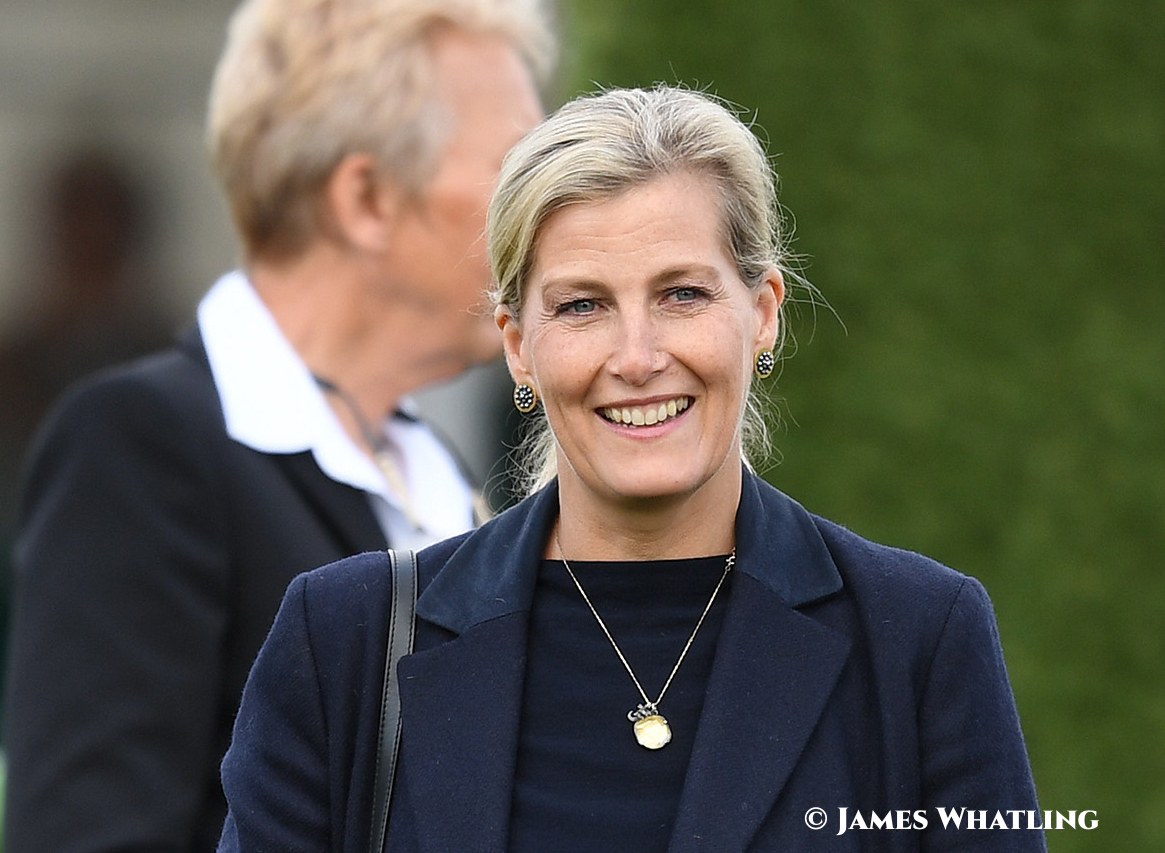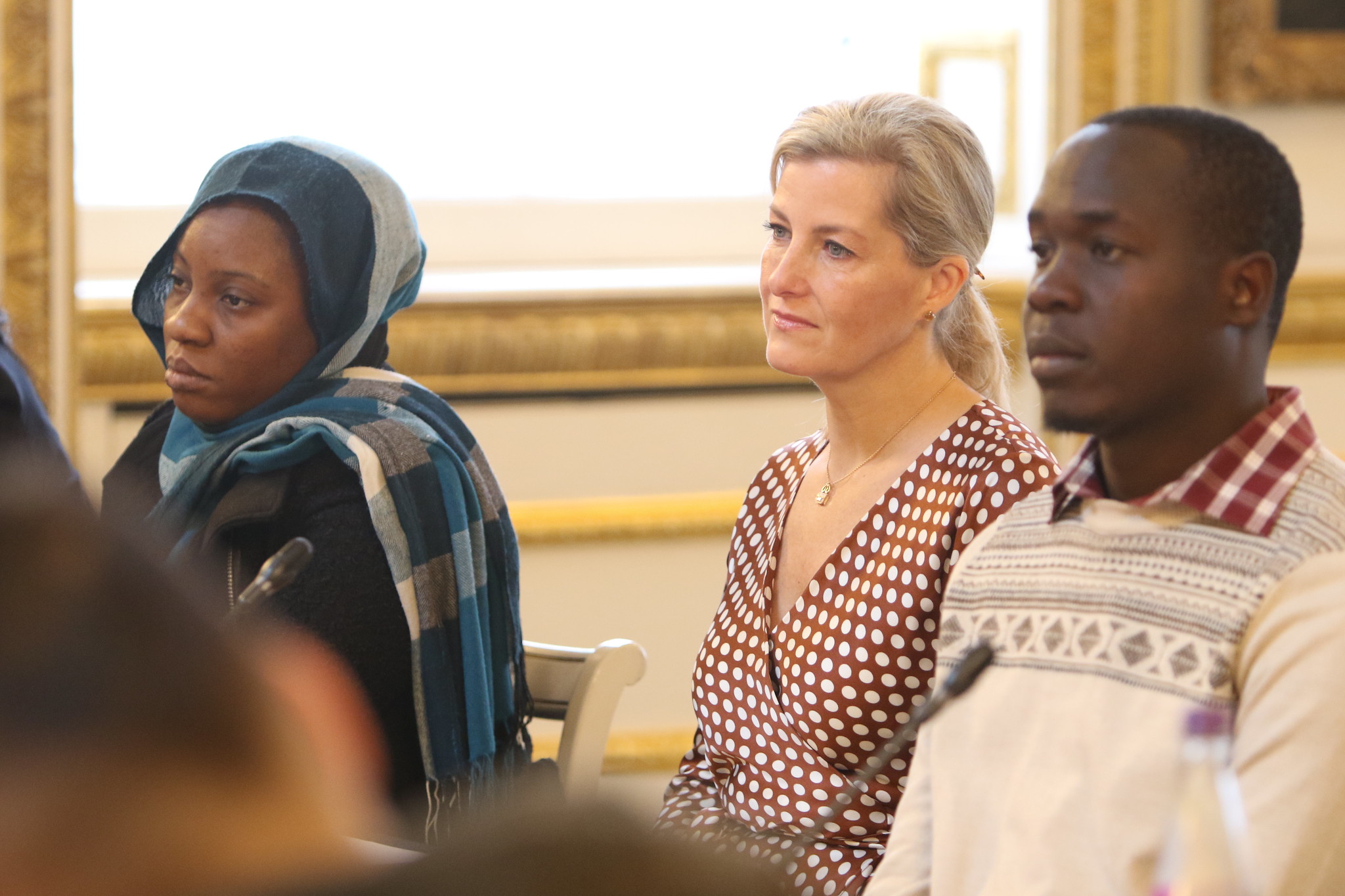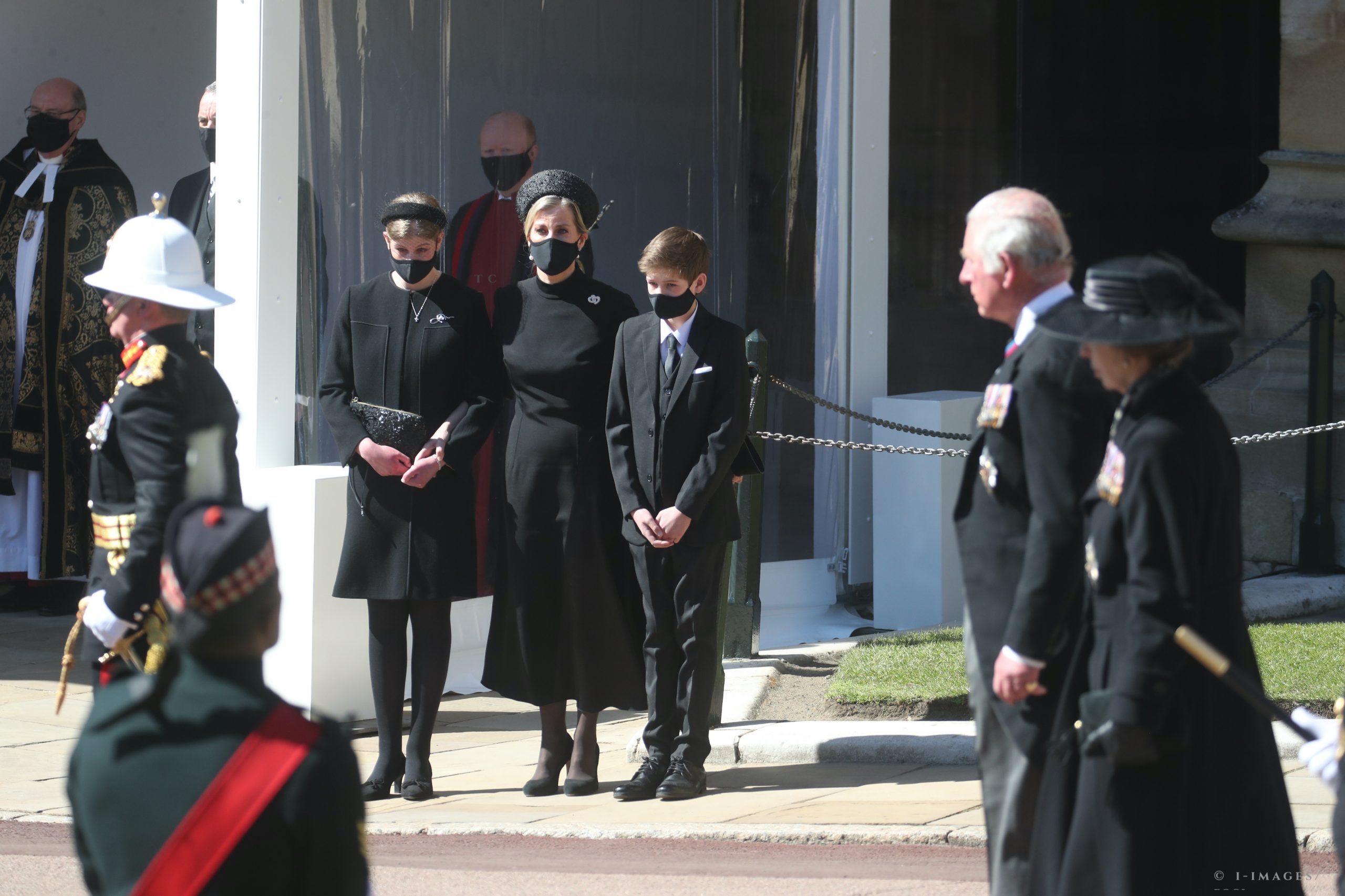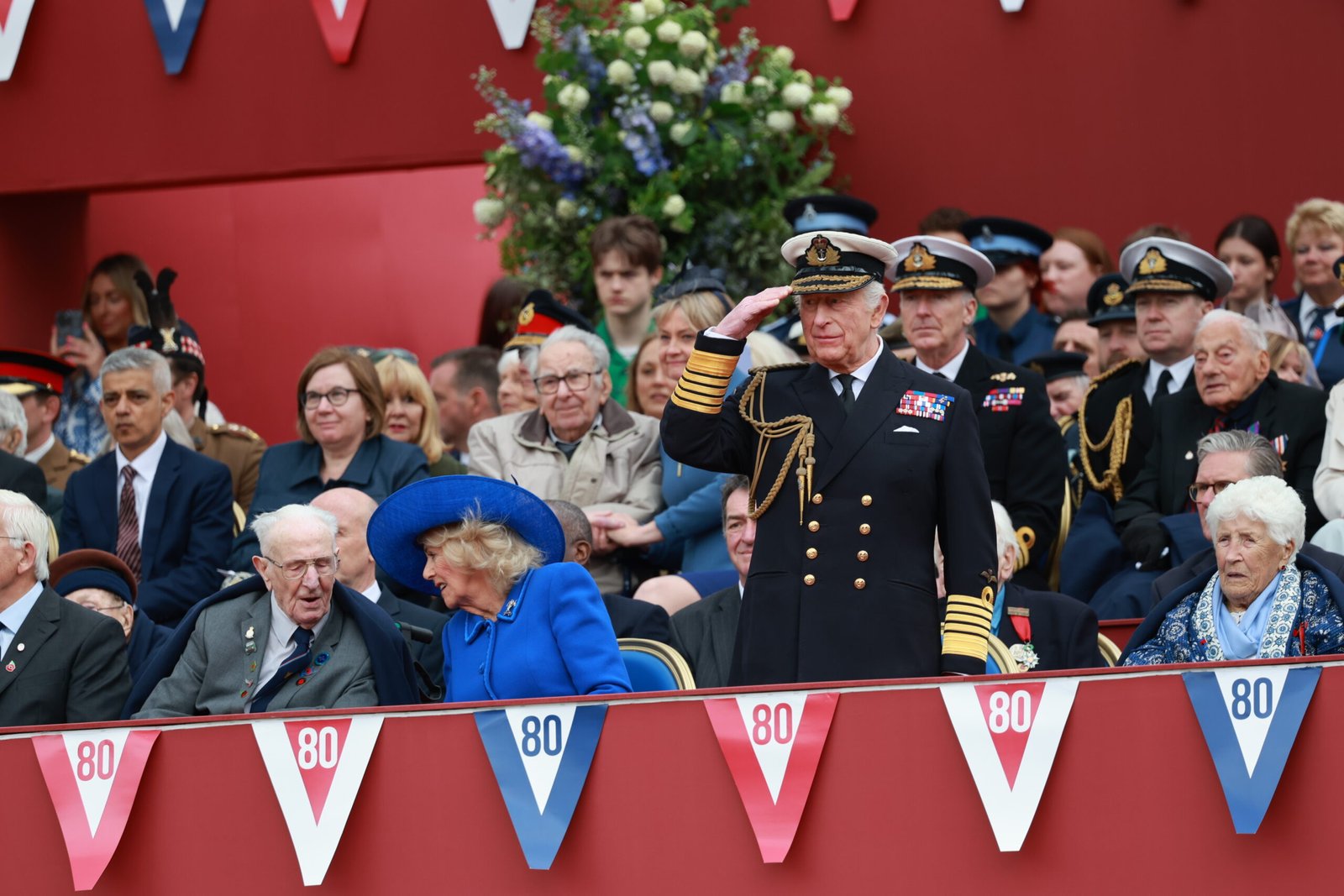The Countess of Wessex has backed a new campaign launched by The Daily Mirror, to help tackle online child sexual abuse and create safer digital spaces for children. To show her support, Sophie has written an article exclusively for The Mirror.
The campaign is looking to make Facebook and Instagram a safer place for kids and to make the Online Safety Bill more substantial.

The Countess of Wessex is championing safer digital spaces for children.
Her Royal Highness opens her article by highlighting the limitless opportunities the web has provided: “For my generation, as children, we could hardly have imagined the exciting opportunities the internet offers.”
She notes how it is hard to believe that information would be accessible at the tap of a button, how ‘touchscreen technology would open a world of creativity’, and how we can ‘communicate with people from all over the globe and see them in real time’.
“And now it’s taken a pandemic to help us to fully appreciate the diversity of its potential, enabling us to remain connected with loved ones, allowing businesses to continue operations and keeping the schooling of children going,” the 56-year-old writes. “We cannot contemplate ever being without it.”
However, Sophie highlights how children are ‘incredibly tech-literate’ and that, for them, ‘there’s no difference between their online and offline lives’.
Social media platforms are still an unknown space, she continues, and the pandemic has caused a ‘perfect storm of risks, leaving children exposed to abusers who target those who might be feeling lonely and isolated’.
#ICYMI: The Countess of Wessex gave the keynote speech at @Childmanifesto’s ‘Tackling Child Sexual Exploitation & Abuse’ this week.
Sophie addressed the ‘devastating consequences’ online child exploitation has on young people’s lives.
Read more: https://t.co/hQgjXAqjsl pic.twitter.com/zjvJ3Ck9QL
— The Crown Chronicles (@crownchronicles) December 11, 2021
With schools closed and meeting up outside households forbidden, many children would turn to their online profiles for connection.
“From abusers using platforms to target, groom and exploit children, to young people seeing harmful content, or being cyberbullied, online experiences can and do have devastating consequences on young lives,” Sophie writes.
The Queen’s daughter-in-law uses research from NSPCC, of which she is Patron, noting more than 100,000 child abuse image crimes were recorded in the UK by the police since 2017, which the Countess describes as ‘horrifying’.

The Countess of Wessex at a meeting with young film-makers ahead of the Preventing Sexual Violence in Conflict Film Festival in London, November 2018 (Foreign & Commonwealth office/Flickr)
She explains how online child abuse is not a new problem to the UK, but is experienced all over the globe.
The Countess recently spoke in Brussels, where she gave the keynote speech at the Tackling Child Sexual Exploitation & Abuse event. Sophie addressed the ‘devastating consequences’ online child exploitation has on young people’s lives and called upon all levels of society – politicians, parents, tech companies, and police – to play their part: ‘it is no one person’s or organisation’s responsibility, but each has a vital role in protecting children from harm’, the article states.
“As a mother, I understand the need for our children to enjoy some independence and have fun, while wanting to keep them safe. But many parents and carers feel ill-equipped to navigate the risks.”

The Countess of Wessex comforts her children, Lady Louise, and James, Viscount Severn at the funeral of the Duke of Edinburgh
Sophie says all parents should be equipped to feel confident that their children can remain safe on the internet and we ‘should familiarise ourselves with devices’ safety features, and explore them with our children’. She describes how parents should be embracing technology as children becomes an increasing need in their lives.
“It’s surprisingly easy for anyone to access inappropriate content accidentally, so understanding the apps and games your children are downloading and how they are using the different features will help you to set up appropriate parental controls.”
“Importantly, no matter their age, we should talk to our children about their online experiences, just as we do their offline experiences. You don’t need to be an expert, but help them recognise harmful behaviour, and show them how they can use reporting tools,” the Royal suggests.
“Let them know that if they ever feel worried about anything online, they can speak to you, or perhaps find a trusted family member or friend if they feel they cannot open up to you.”
The Countess of Wessex closes her article by saying how we should all be invested in keeping children safe, both offline and online.
“Let 2022 be the year we prioritise this issue and make sure our children can explore this amazing online world safely.”

The Countess of Wessex features on the cover of Good Housekeeping
Last year, The Countess of Wessex gave an exclusive interview to Good Housekeeping, in her role as Patron of the NSPCC and Childline. In the spread, Sophie discussed the role of social media and her work with the charities.
For the article, the Royal visited the NSPCC to see first-hand the work the organisation is carrying out. Sophie discovered how the pandemic has affected children, and how they are supporting them, including providing virtual counselling sessions and resources for managing difficult situations at home.




